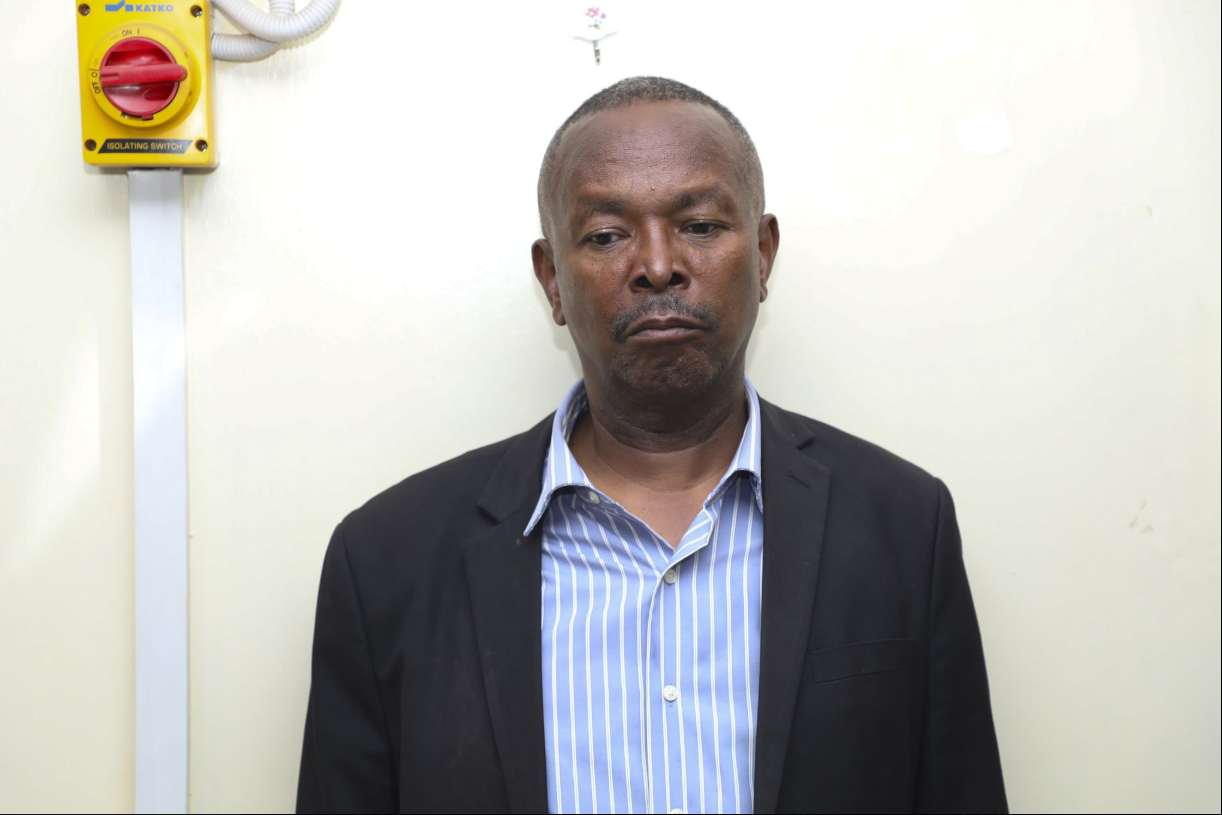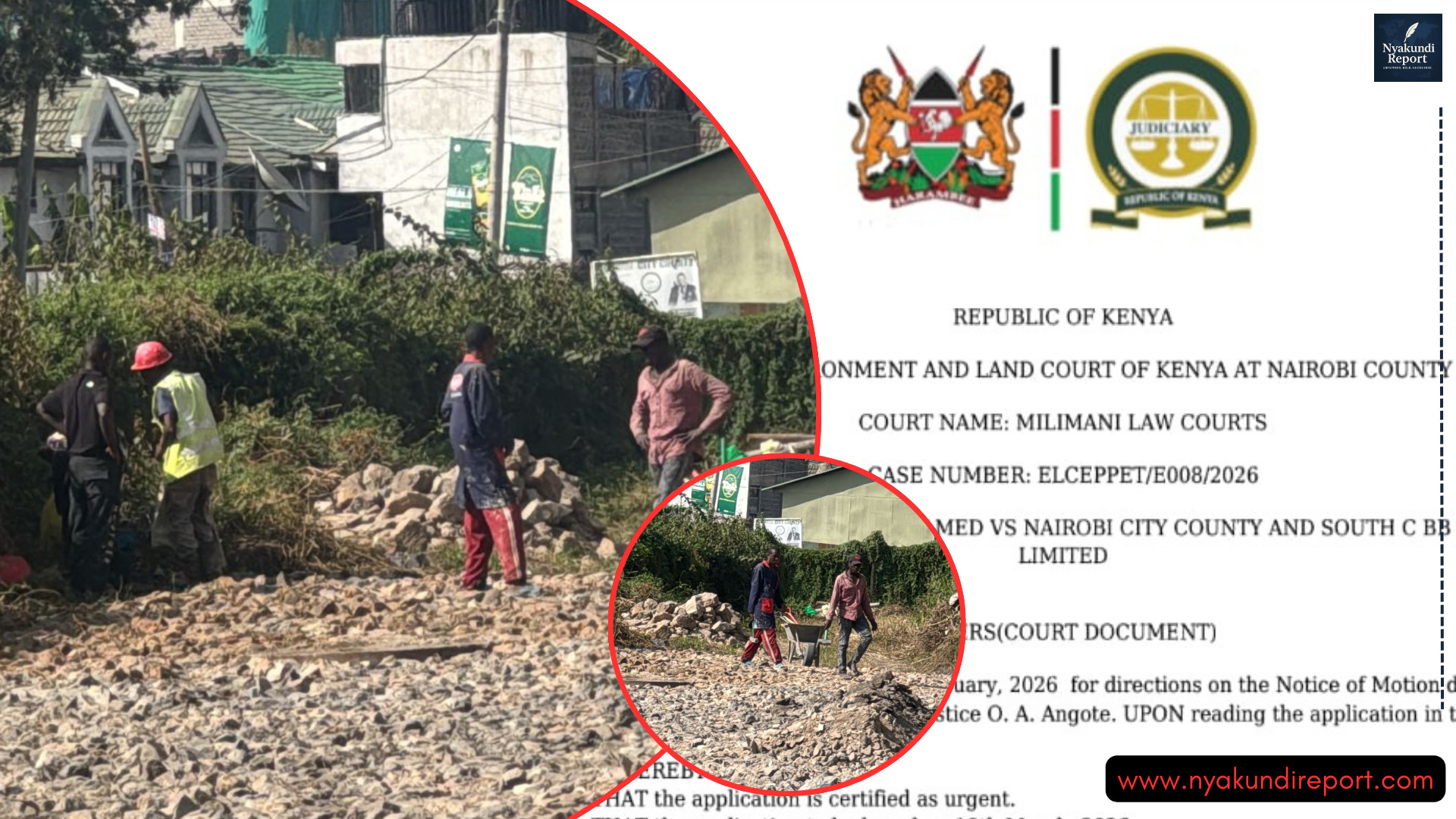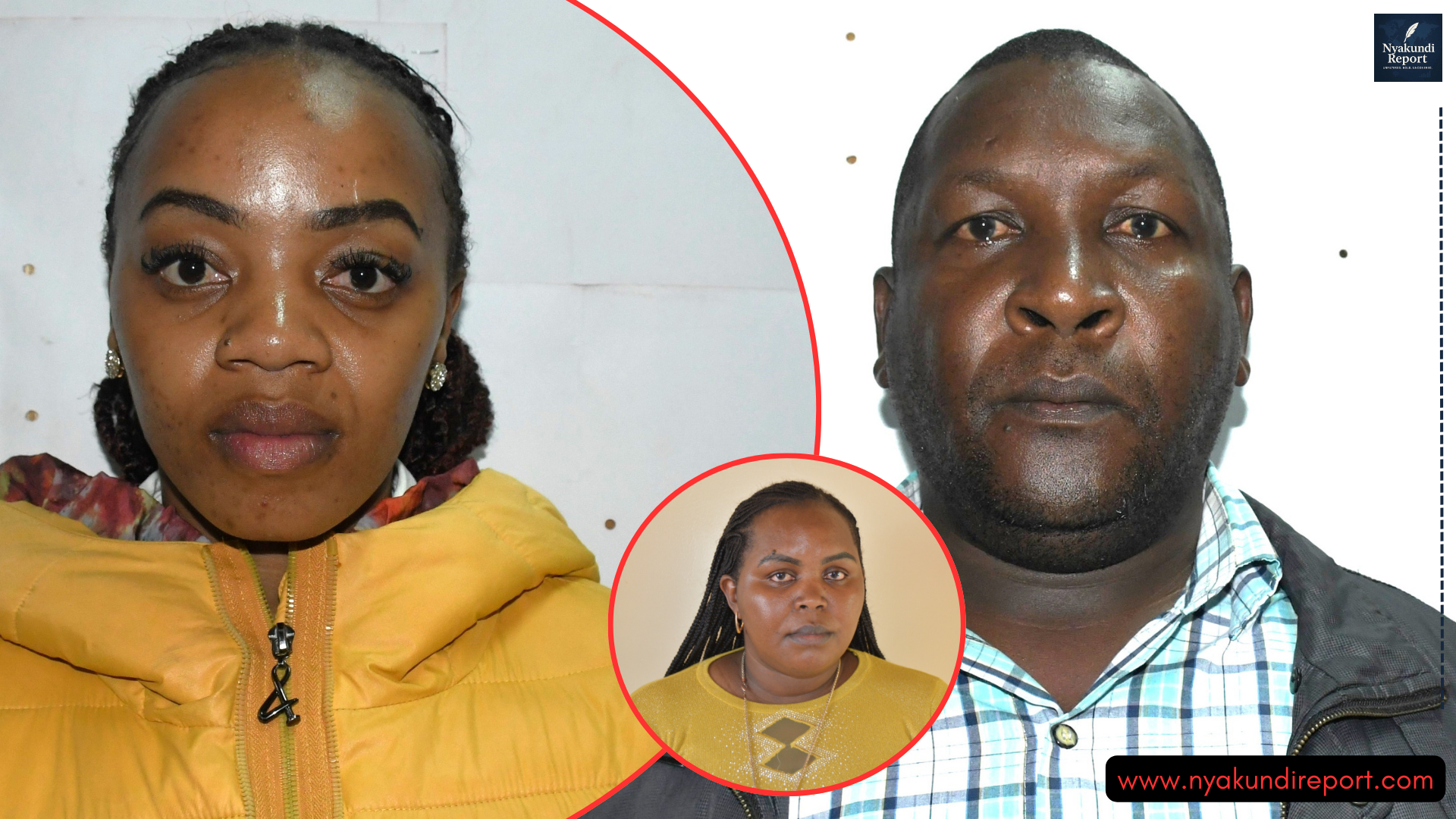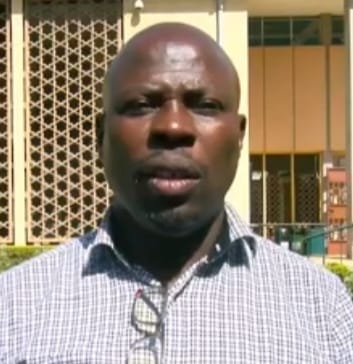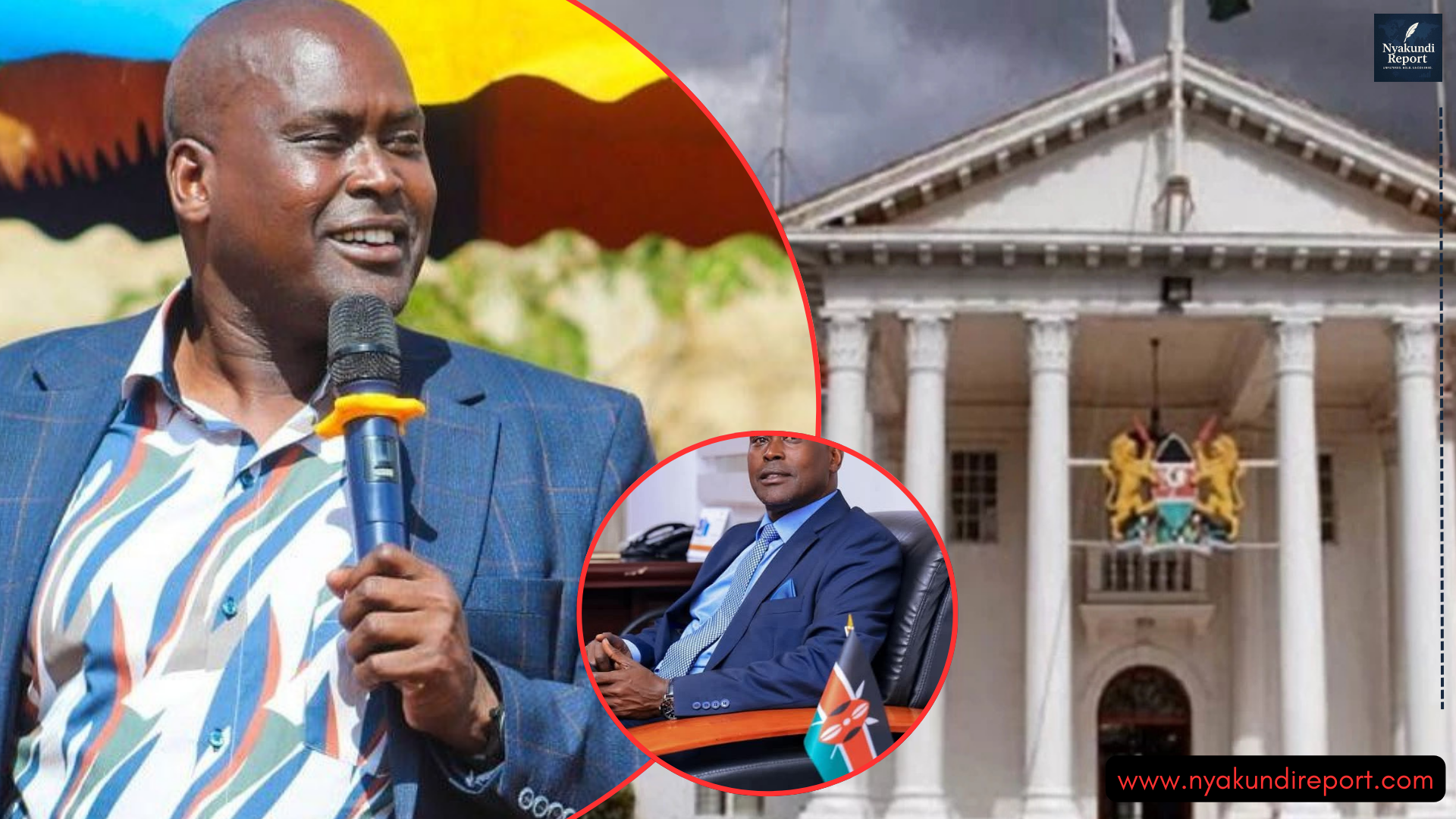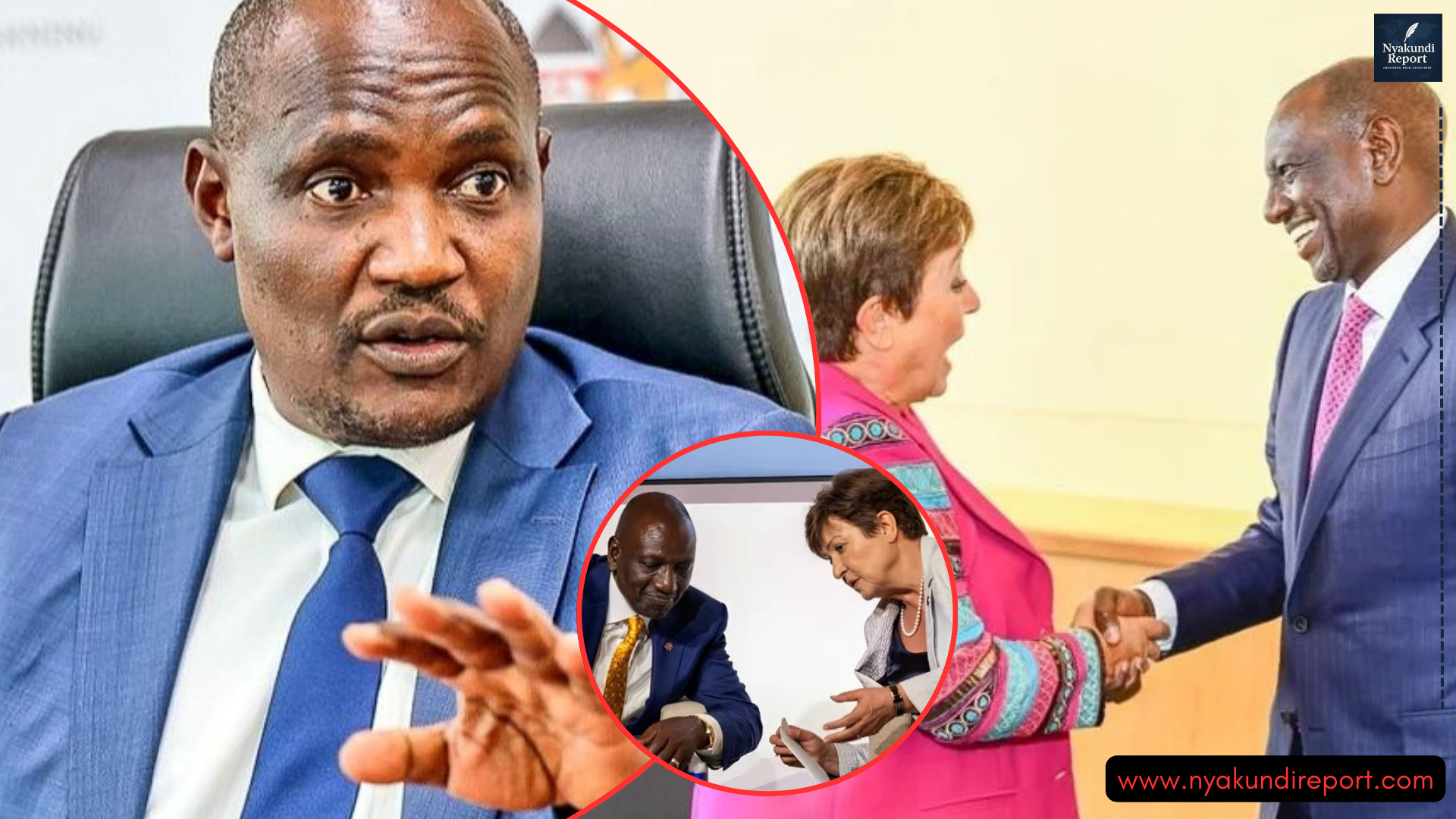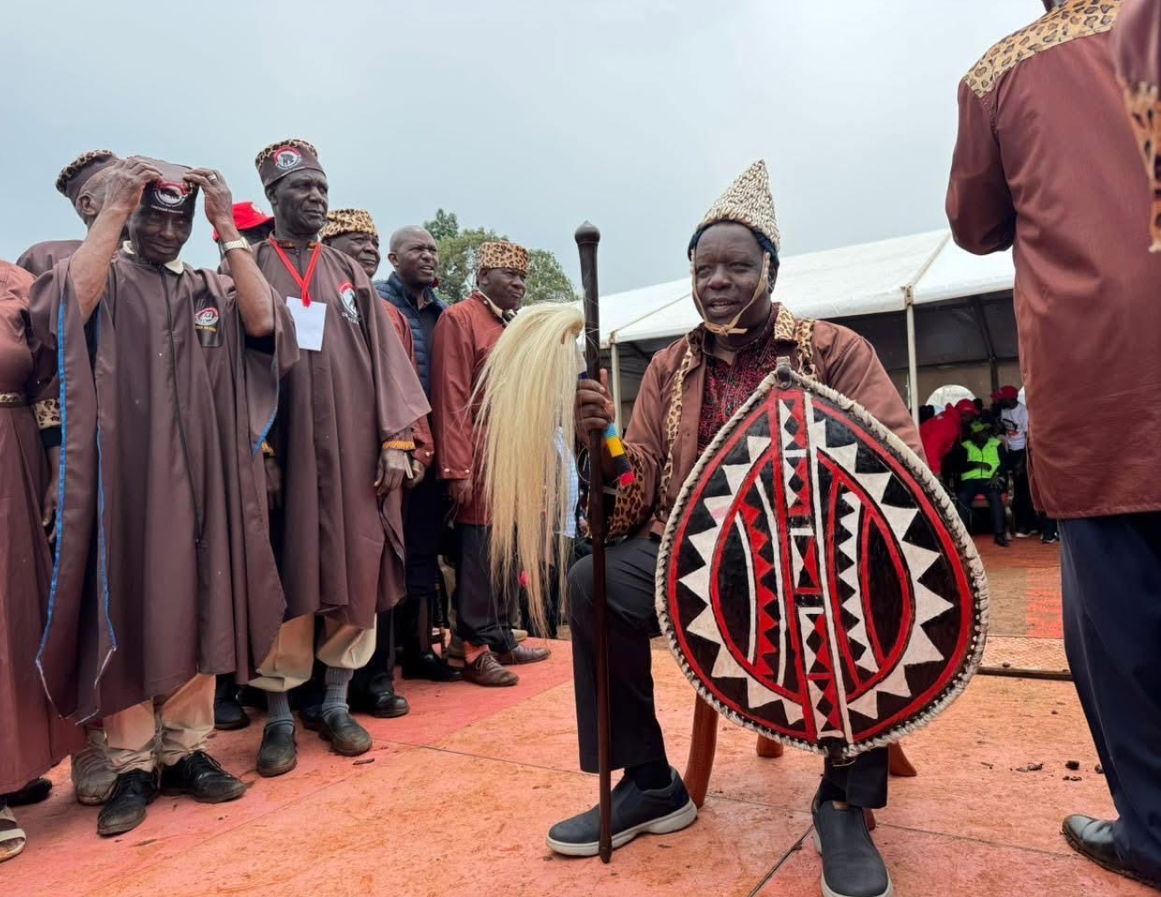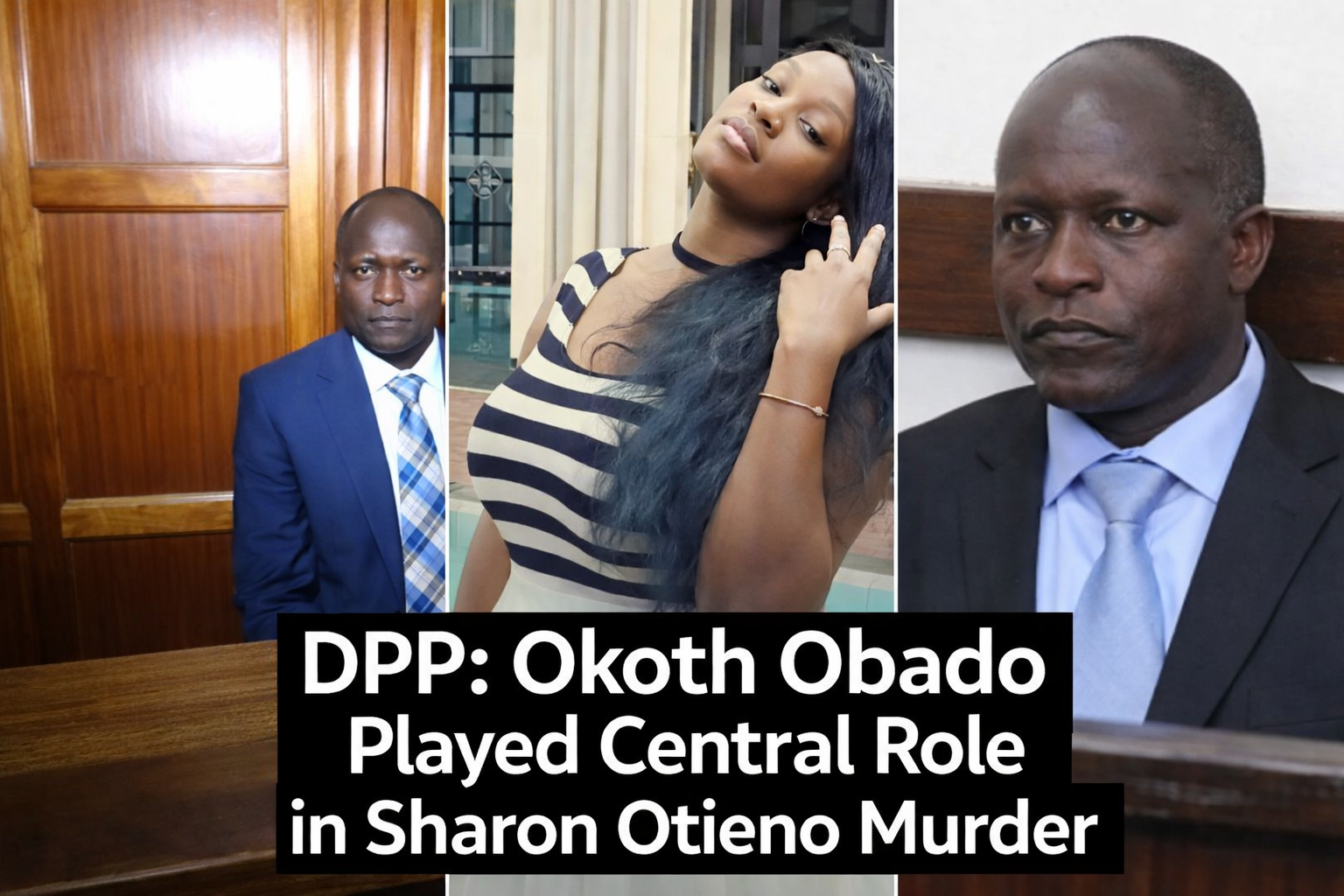In a fast-paced turn of events, Chief Justice Martha Koome on Friday presided over the swearing-in of Erastus Edung Ethekon as the new Chairperson of the Independent Electoral and Boundaries Commission (IEBC), alongside six commissioners.
The oath-taking took place just hours after the High Court cleared the legal path for their appointments, ending a month-long judicial standoff over their legitimacy.
The new commissioners took their oath of office at the Supreme Court Building in Nairobi.
Thus, officially marking the IEBC’s return to full operational status after nearly two years without a substantive leadership team.

A Legal Cloud Finally Clears
The appointments had previously been contested in court.
In a ruling delivered on the morning of July 11, a three-judge bench comprising Justices Roselyne Aburili, John Chigiti, and Bahati Mwamuye.
Found that the initial gazettement of the appointments on June 10, 2025, had been done in violation of existing interim court orders issued on May 29.
Despite nullifying that particular gazette notice, the court did not fault the merit of the appointments themselves.
President William Ruto subsequently issued a fresh gazette notice in line with the ruling, clearing the way for the swearing-in ceremony later that same day.
Meet the New IEBC Leadership
Chairperson:
Erastus Edung Ethekon – Now officially leading the IEBC for a non-renewable six-year term.
Commissioners:
Ann Njeri Nderitu
Moses Alutalala Mukhwana
Mary Karen Sorobit
Hassan Noor Hassan
Francis Odhiambo Aduol
Fahima Araphat Abdallah
All seven officials took their oath under the supervision of the Chief Justice and pledged to uphold the Constitution.
Additionally, protect democratic processes and ensure electoral credibility ahead of the 2027 general elections.
CJ Koome: “Fix What’s Broken, Earn Public Trust”
In her address, Chief Justice Koome urged the new IEBC team to embrace the opportunity to reform and rebuild the commission.
It has struggled with public trust, internal disputes, and political interference over the years.
“Elections are a matter of national security. You have taken an oath not to serve political interests, but the people of Kenya,” Koome stated.
“You must fix what is broken and work to earn back public confidence in our electoral system.”
She further emphasized the significance of this moment.
Also, noting that it comes amid heightened political tensions, youth-led activism, and growing demands for accountability in governance.
Why the Rush?
The urgency of the swearing-in was also political. For months, Kenya’s electoral processes have stalled in the absence of a functioning commission.
By-elections, boundary reviews, voter registration, and critical preparatory work for the 2027 elections had all ground to a halt.
MP Peter Kaluma and other legislators had earlier urged Chief Justice Koome to expedite the ceremony.
Therefore, arguing that constitutional institutions should not be left in limbo due to procedural wrangles.
Now, with the swearing-in completed, the commission can begin work in earnest.
Next Steps for the New IEBC
| Key Responsibility | Timeline & Priority |
|---|---|
| Voter registration drive | Immediate – especially for diaspora & youth |
| Boundary delimitation | Start before end of 2025 |
| Audit of voter roll | Scheduled for early 2026 |
| Electoral preparedness | Full roadmap expected by mid-2026 |
| Public trust restoration | Ongoing – through transparency & reforms |
What This Means for Kenya
The appointment saga reaffirms the checks and balances between the executive, judiciary, and independent commissions.
It sets the tone for a constitutional, inclusive approach to electoral reform.
With new leadership in place, the spotlight now shifts to performance, integrity, and delivery.
As the country moves toward the 2027 polls, the IEBC has a limited window to reassure Kenyans.
especially youth, civil society, and political players—that it can deliver free, fair, and credible elections.
ALSO READ: High Court Bans Police Roadblocks During Peaceful Protests

